Anapus debesu (1995) Online
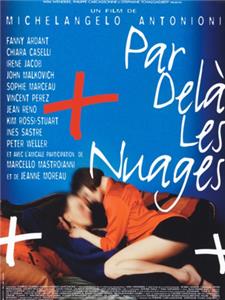
Made of four short tales, linked by a story filmed by Wim Wenders. Taking place in Ferrara, Portofino, Aix en Provence and Paris, each story, which always a woman as the crux of the story, invites to an inner travel, as Antonioni says "towards the true image of that absolute and mysterious reality that nobody will ever see".
| Cast overview, first billed only: | |||
| Fanny Ardant | - | Patricia | |
| Chiara Caselli | - | Mistress | |
| Irène Jacob | - | The Girl | |
| John Malkovich | - | The Director | |
| Sophie Marceau | - | The Girl | |
| Vincent Perez | - | Niccolo | |
| Jean Reno | - | Carlo | |
| Kim Rossi Stuart | - | Silvano (as Kim Rossi-Stuart) | |
| Inés Sastre | - | Carmen (as Ines Sastre) | |
| Peter Weller | - | Husband | |
| Marcello Mastroianni | - | The Man of All Vices | |
| Jeanne Moreau | - | Friend | |
| Enrica Antonioni | - | Boutique Manager | |
| Carine Angeli | |||
| Alessandra Bonarotta | - | (as Alessandra Bonarota) |
In order to obtain the covering insurance needed to put the film into production, Michelangelo Antonioni (who was still recovering from a severely debilitating stroke) had to agree to have a secondary director on staff, ready to take over from him at any time. His choice, Wim Wenders, even provided the prologue and epilogue for the film.
The opening fogbound scenes are a reminder of a similar passage in Antonioni's own Identificazione di una donna (1982).
Michelangelo Antonioni's first film after suffering a stroke in 1985.
One of the segments reunites Marcello Mastroianni with Jeanne Moreau who appeared together in Antonioni's La notte (1961).
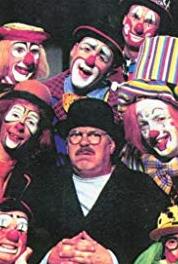
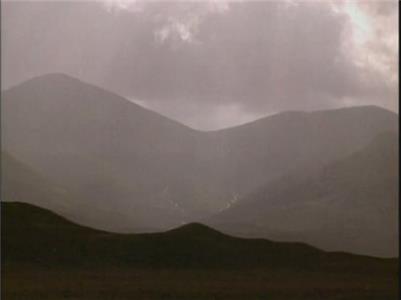

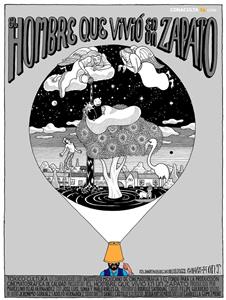
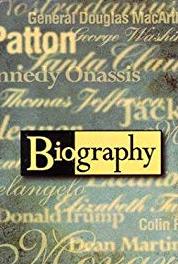


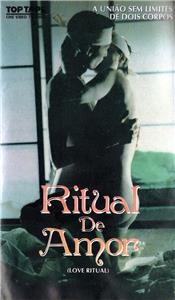
User reviews